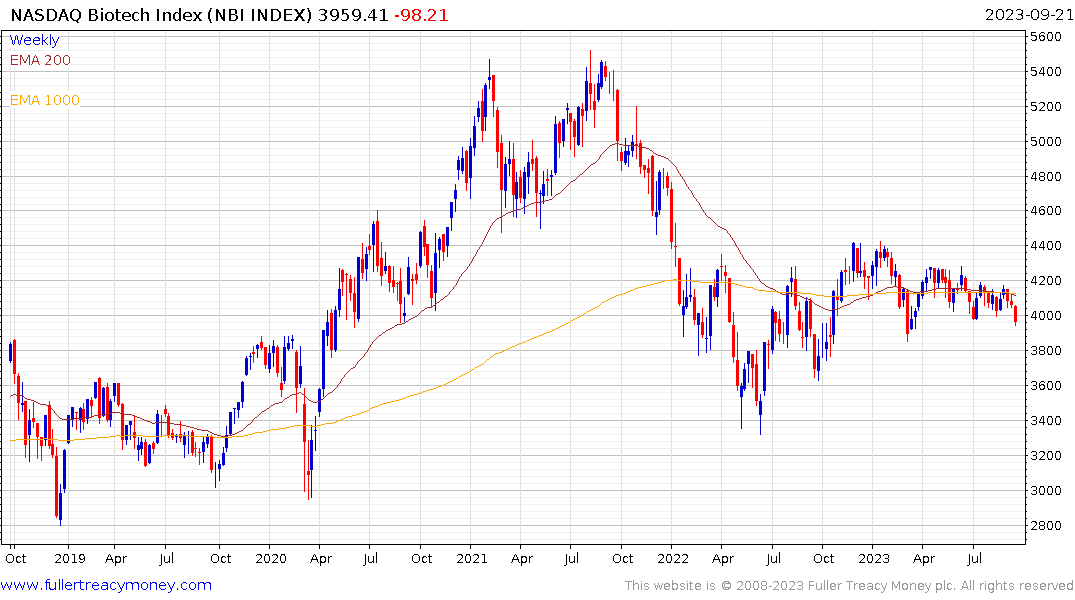AI Accelerates Ability to Program Biology Like Software
This article from the Wall Street Journal may be of interest. Here is a section:
“Synthetic biology in its broadest form encompasses a large part of the work that’s being done in biomedicine. That is, how we first understand organisms, but then use that understanding to program them or direct them to do different things,” said Dr. Lloyd Minor, dean of the School of Medicine and vice president for medical affairs at Stanford University. “And I do think that it offers a huge amount of potential across the board,” he said.
“The challenge in biology is that it is not terribly difficult to engineer organisms, to engineer living systems, to do things that can potentially be very harmful. So how do we think about monitoring, regulation, safe oversight in the biology world,” he said.
“It is collapsing time and expanding the aperture by which we are able to run experiments on a broader set of designs that scientists want to test on.” — Jennifer Lum, co-founder of Biospring Partners
Synthetic biology companies see opportunities for artificial intelligence throughout the product-development life cycle from initial design, where scientists can examine and factor in a greater number of variables and options, to the build phase to testing, where scientists can leverage the predictive nature of AI to quickly determine results.
My view - I first became aware of synthetic biology in 2016 when reading about the efforts to synthesise a yeast genome. The aim of the research effort was to try and figure out how to build a full human genome by identifying what each individual gene is responsible for. They started with yeast because it is smaller and has a strong record of interacting with the human body.
Artificial intelligence is helping to greatly speed up the pace of discovery. It is not full proof but nothing in science is. The benefit comes from rapid computer modelling, prototyping testing. There are large databases of chemicals that results can be compared against. The scope of research stretches across the entire chemical spectrum from energy to medicine and materials science.
The preset challenge is to plot the direction of competition within the biotech sector. If some companies are deploying an AI first strategy and others are wedded to the old way of pursuing drug discovery which are most likely to prevail over time? Anything that speeds up experimentation and candidate discovery is a bonus so one has to conclude the AI forward-looking model will prevail.
 The Nasdaq Biotech sector is loaded with traditional companies like Astra Zeneca, Amgen, Sanofi, and Gilead. Those four companies are 40% of the Index’s market cap. The price action is bearish. The Index is rolling over and made a new reaction low today. The other relevant headwind is funding costs. Drug discovery is time intensive which creates a constant need for fresh funds. As liquidity tightens, investors become choosier about what they are willing to buy their money into.
The Nasdaq Biotech sector is loaded with traditional companies like Astra Zeneca, Amgen, Sanofi, and Gilead. Those four companies are 40% of the Index’s market cap. The price action is bearish. The Index is rolling over and made a new reaction low today. The other relevant headwind is funding costs. Drug discovery is time intensive which creates a constant need for fresh funds. As liquidity tightens, investors become choosier about what they are willing to buy their money into.


